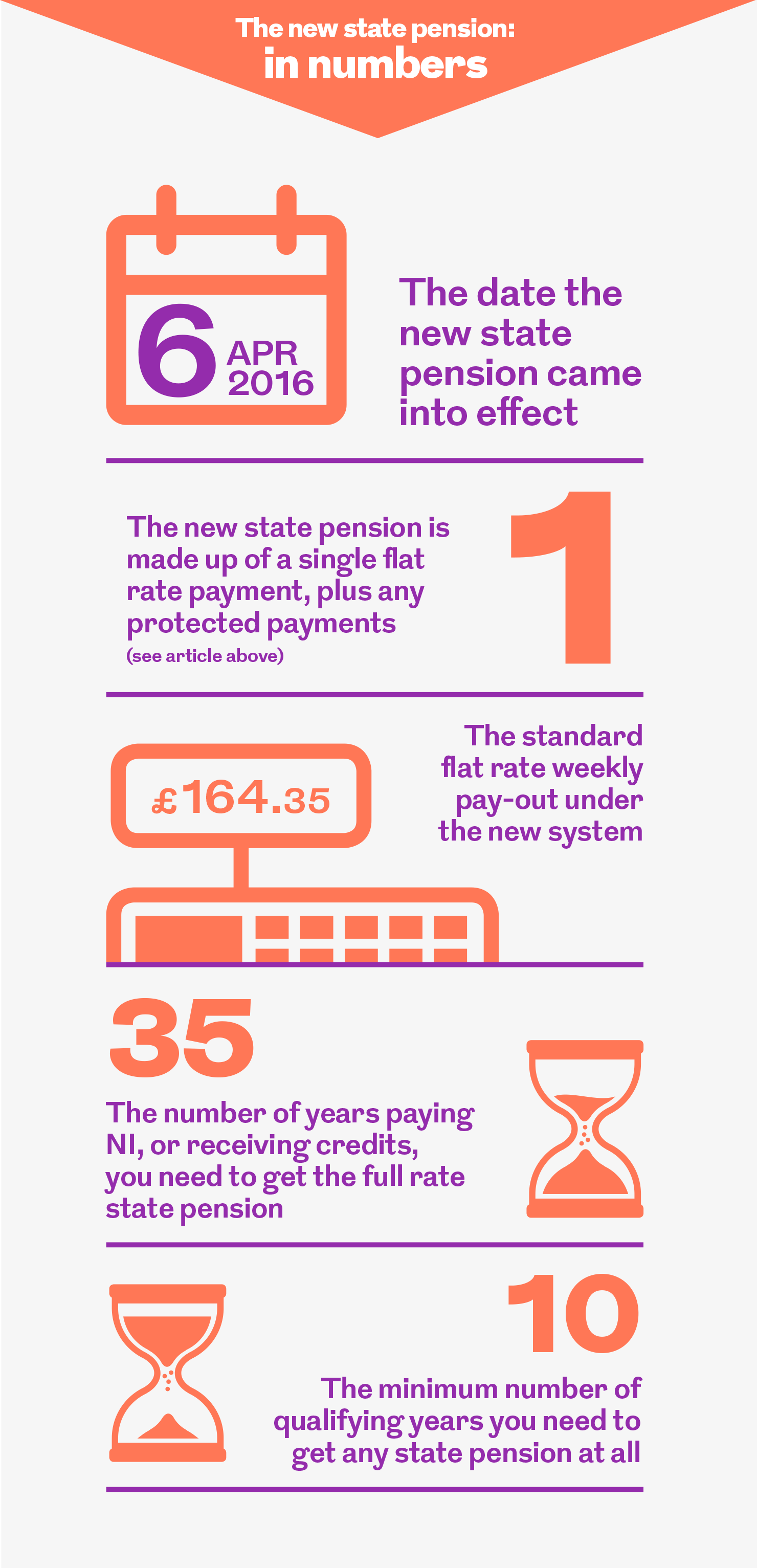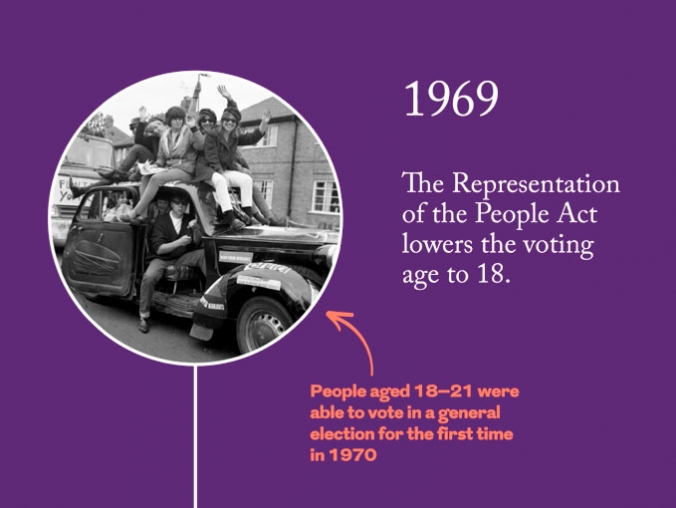

The new state pension: your questions answered
The new state pension has caused many people confusion about how much they’ll get paid in retirement. Our new guide can help you to understand the rules
April 2016 saw the biggest shake-up in the state pension system in a generation, with the old system of a basic state pension, plus an earnings-related top-up, being replaced by a new ‘single state pension’.
But the move from the old system to the new one has been accompanied by some quite complex rules, and this has led to confusion about how much you can expect to get. You can find out what you might be paid by visiting the government’s ‘Check your state pension’ website.
Helping you cut through the confusion
To help with the confusion, Royal London has produced a new ‘Good with your money’ guide called The new state pension – your questions answered, which you can download here.
The basic idea of the new state pension is that if you have 35 ‘qualifying years’ – which can be a mix of years paying National Insurance (NI) contributions, or years when you received ‘credits’ towards your pension – then you get the full flat rate, which is currently £164.35 per week. This would be the case for anyone who spends their entire working life under the new system.
But for the large majority of people, who’ll have years of contributions built up before April 2016 (and may have even been paying in for 35 years), there are two main situations in which they might not get the flat rate amount. These are explained in some detail in our guide, but the key points are listed below.
Why you might not get the flat rate
The first situation is where you were actually expecting to get more than £164.35 per week. Many people who had long working lives under the old rules could have built up a large pension through a combination of their basic state pension and their entitlement under SERPS – the state earnings related pension scheme. When the new system was brought in, the government decided it would be unfair to take those accumulated rights away, so whatever was built up by April 2016 will be honoured under the new system.
This means that someone who had already built up state pension rights of, for example, £180 per week by April 2016, will get this figure rather than the flat rate of £164.35. However, any contributions that they make after April 2016 will not add to the size of their pension.
The second group who may not get the flat rate, despite having 35 years in the system, is those who were members of certain occupational or personal pension schemes. The main issue here is something called ‘contracting out’. The basic idea is that, until 2016, occupational pension schemes could do a deal with the government that said in return for a lower rate of NI contributions by workers and firms, the pension scheme promised to replace part of the state pension that would otherwise be built up. Under the old rules this meant that these workers were building up a basic state pension, but not a pension under the SERPS scheme.
When the new system came in, the government had to decide what to do in such cases where workers might have been paying in at a lower (‘contracted out’) rate for many decades. They decided that, in 2016, there would be a one-off deduction from people’s state pension entitlement to reflect any ‘contracting out’ in the past.
But, after 2016, any future contributions would then be built on top of this starting amount. People with several years to work after 2016 could therefore build up a full flat rate pension, despite being ‘contracted out’ in the past, but those who retired soon after 2016 would not get the full pension.
Making things simple
Eventually, the new system will be a lot simpler, especially for younger workers, the vast majority of whom will simply get the new flat rate. But in the meantime, we hope that our The new state pension – your questions answered guide will help you to navigate the new system and to understand why you’re getting what you’re getting.


More for you

Creating more work experience opportunities for members
Our Insight into Work programme has helped lots of members and their families, and we’ve got more opportunities in store for you
MORE
Mothers missing out on millions
Royal London's Steve Webb, Director of Policy, and Becky O'Connor, Personal Finance Specialist, explain how a change in the child benefit system is causing thousands of mothers to end up with a reduced state pension
MORE
Why is voting so important?
Find out why voting is such an important part of our society and our business, and how voting at the AGM benefits you
MORE


